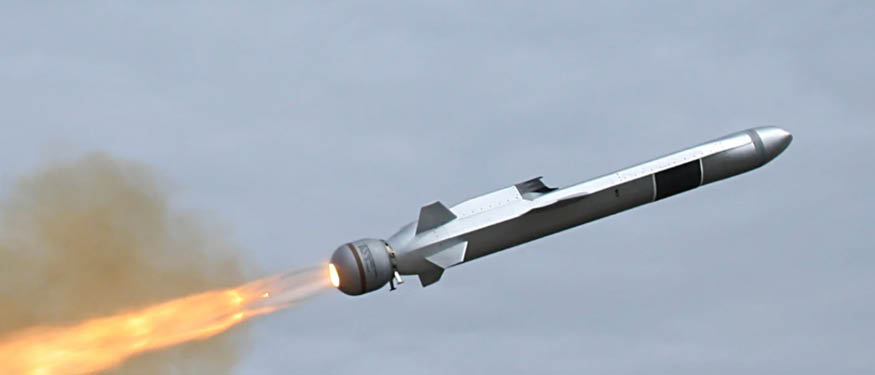Marked by the turbulence of war, Ukraine’s legal sector has adjusted to the new circumstances but potential future talent challenges loom on the horizon.
(Back to) Office Life
“In the first few months of the invasion, most of us worked remotely from various cities around Ukraine and abroad,” says Avellum Managing Partner Mykola Stetsenko.
Almost two years later, the return to the office is gradual. “Currently nearly 35% of staff regularly work from the office, while, in general, we use the hybrid model,” Integrites Managing Partner Oleksiy Feliv reports, adding that “around 80% of the colleagues are permanently located in Kyiv.” Meanwhile, Kinstellar Kyiv Managing Partner Olena Kuchynska highlights that generally, the firm has introduced a remote work model. “Only secretaries are asked to work from the office because of the nature of their work,” Kuchynska says, adding that these days “more and more colleagues are coming back to the office.”
The Human Connection Drive
The primary motivation behind returning to work is ensuring human connections, as highlighted by Kuchynska: “We are quite busy these days and people jointly work on various projects. This is the best way to keep the spirit up and build the team.”
“To maintain the team spirit, we arrange regular staff meetings and team building activities,” Feliv adds. “Practices and administrative departments get on their separate team meetings on a weekly basis. We also involve our people in a hybrid series of lectures on mental wellbeing and corporate charity projects.”
Stetsenko notes that a similar approach is supported by employees themselves: “We still believe that human interaction at work is important, and our people share this vision according to the results of polling our staff.”
From Bomb Shelters to Alternative Power Sources
Despite the slow return to normalcy, there is still a need to prepare for extraordinary situations. “We had to make sure that our office has a shelter in good condition (we have an underground garage), we arranged for alternative sources of power, we also made a plan for extraordinary situations,” Kuchynska points out.
Stetsenko reports that they actively transformed existing facilities into bomb shelters: “Our office center created a convenient shelter in the underground parking of our building.” Sayenko Kharenko Partner Vladimir Sayenko adds that the firm “opened a second office in a more secure location with a bomb shelter, and this office is equipped with a powerful generator and Starlink internet access.” Additionally, Feliv says that the firm has an agreement with a business center “which is a two-minute walk from the office to use their underground shelter during air raid alerts.”
The office itself has also been equipped with an electricity generator, according to Stetsenko, adding that “this by itself gives comfort to our people, especially in the winter months when the office is always warm and has electricity and water.” Similarly, Arzinger Managing Partner Timur Bondaryev adds that “in response to blackouts, the office equipped a large conference room with inflated beds and food, enabling people from the suburbs to stay during electricity outages.” Still, Bondaryev believes that “despite the uncertainties, Kyiv, with its extensive protection measures, is considered a safe place to be.”
Headcount and Retention Challenges
In terms of headcount, everyone but one share that headcount within the firm has been decreased to an extent. “Integrites managed to retain the team and completely avoid war-related personnel cuts, so the number of our employees remained almost the same,” Feliv reports, adding that “only about 7% of the team, mostly administrative staff, and junior-level lawyers quit.” Similarly, Kuchynska and Sayenko say that their firms prioritized not making any redundancies. “When the new phase of the war started in February 2022, our law firm decided to preserve the team and did not downsize,” Sayenko notes. According to him, some of the lawyers left due to army service, secondment opportunities, or “shifted their focus by concentrating on humanitarian support at Breathe Charity Fund.”
Redcliffe Partners Managing Partner Olexiy Soshenko reports that the firm’s “headcount has, since the beginning of the invasion, dropped by around 40%, but this is now reversing and we now have some 80% of the personnel compared with before the war.”
“Surprisingly,” Stetsenko says, in Avellum, the headcount “has grown a bit.” This, according to him, is explained by the annual internship programs both in 2022 and 2023. “So, while we lost some people who left Ukraine, we had a lot of junior people join us,” he notes.
Utilization Trends
Stetsenko and Soshenko highlight that in their firms, “the average utilization now is 65%.” It is not ideal, Soshenko says, “but tolerable given the circumstances. As to positive trends, we have seen a gradual increase in work volumes.”
“The local legal market remains depressed, as there are fewer transactions, clients have other priorities and try to save on legal fees,” Sayenko adds, noting that “some international work remains” and “lawyers saw opportunities and started providing services in the areas that became hot, such as the mobilization of employees.”
Bondaryev highlights that utilization rates vary depending on the practice. “Some practice areas, such as restructuring, disputes, arbitration, sanctions, and criminal law, are exceptionally busy, working 24-7 with minimal time for internal matters or pro bono work,” Bondaryev says. “However, uncertainties persist about the duration of this positive trend. Privatization and infrastructure projects, sponsored/funded by IFIs (IFC, EBRD, World Bank, etc.), have contributed to the workload.”
Kuchynska shares a slightly different viewpoint. “We are back to the pre-war utilization rates now,” she says, adding that apart from the client work, team members have been “quite active and busy with volunteering pro bono work.” Similarly, Feliv notes that in terms of pro bono work, there are “practice groups and individual practitioners who demonstrate impressive results – from 200 to 500 hours per year, advising Ukrainian military personnel, developing information products for Ukrainian refugees, and consulting charity funds and organizations.”
A War for Talent Post-War
One lingering struggle remains the brain drain in Ukraine. “The brain drain is already a significant problem,” Sayenko notes. “It is not easy to find good lawyers with international experience. When the market revives, we are likely to see a vigorous war for talent in the Ukrainian legal market.”
Bondaryev shares a similar view, adding that “the firm is grappling with the effects of a brain drain as many lawyers, particularly women, left the country at the onset of the war. The demand for English-speaking talented professionals all across the practice areas remains high.”
Kuchynska, on the other hand, notes that brain drain, while not as visible now, may become a problem in the future. That said, she notes they “see that people are considering coming back to Ukraine,” adding: “And we are not afraid to hire people who are based abroad now. We think this could be also our mission: this helps people to keep a connection with Ukraine and finally make the decision to come back.”
Eventually, Stetsenko believes, that “lawyers will be in huge demand after the war with the EU accession as a major factor for Ukraine in the next decade.”
This article was originally published in Issue 10.12 of the CEE Legal Matters Magazine. If you would like to receive a hard copy of the magazine, you can subscribe here.

















